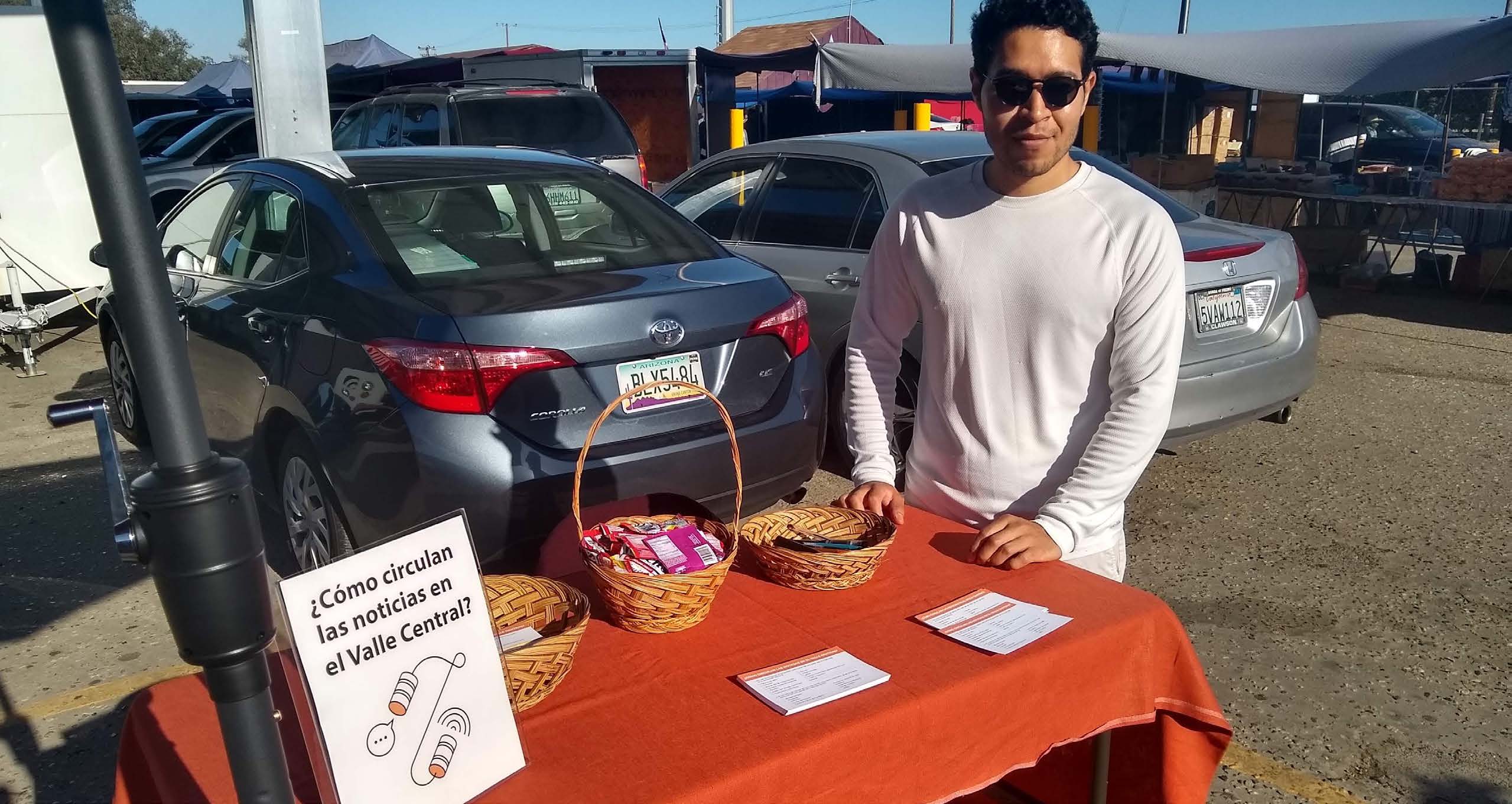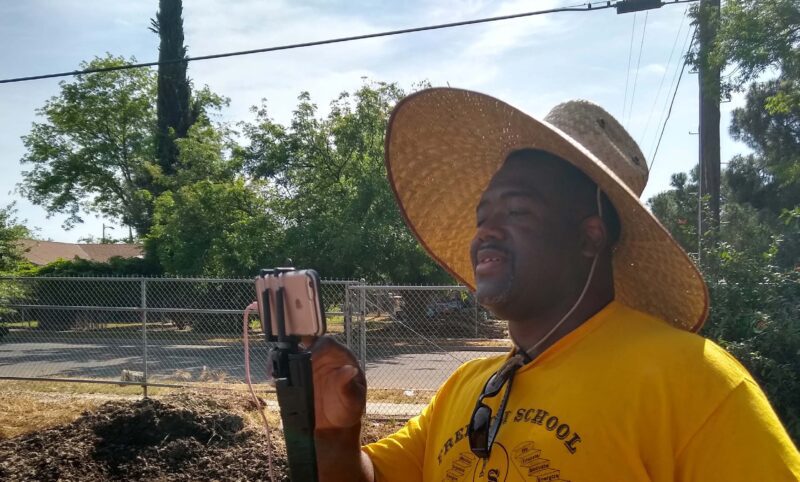
The Listening Post Collective conducted the following information ecosystem assessment in South Fresno and nearby rural communities between January and July 2019. Our aim was to take stock of how residents get and share news; listen to their priorities and understand how coverage of those issues impacts their ability to thrive. We also wanted to learn from grassroots news-sharing projects that fill information gaps, despite a lack of resources and formal training.
The communities we visited are among the most diverse in the country and home to generations of people working to build healthy, equitable neighborhoods. As part of that objective, residents said they want to improve their access to high-quality local news and information so they can make the best possible choices for their families and communities.
Underpinning this work is our belief that information is an essential ingredient for healthy communities. Research shows that local news builds a sense of place, and that a connection to community media is a key factor in “neighborhood belonging, collective efficacy, and civic participation.” Reductions in local news coverage is tied to diminished voter knowledge of candidates fewer people planning to vote and less competitive elections. Government costs have increased in places where watchdog journalism is weak and investigative reporting can yield robust economic benefits for society.
This report is based on more than 60 interviews with community leaders and media makers, eight community listening sessions and nearly 600 surveys with residents. Four community liaisons attended job fairs, swapmeets, schools, church services, grocery stores and more to do this listening.
Funding for this assessment was made possible by The James Irvine Foundation.
